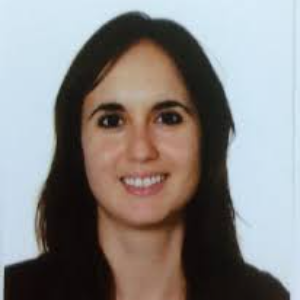Title: Post-transcriptional control in the regulation of polyhydroxy alkanoates synthesis
Abstract:
The large production of non-degradable petrol-based plastics has become a major global issue due to its environmental pollution. Biopolymers produced by microorganisms such as polyhydroxyalkanoates (PHAs) are gaining potential as a sustainable alternative, but the high cost associated with their industrial production has been a limiting factor.
Post-transcriptional regulation is a key step to control gene expression in changing environments and has been reported to play a major role in numerous cellular processes. It involves bacterial small non-coding RNAs (sRNAs) and important enzymes as ribonucleases (RNases), which are versatile and potent regulators. However, limited reports are available concerning the regulation of PHA accumulation in bacteria, and many essential regulatory factors still need to be identified. Some of these studies and a recent review on the topic, have informed that the synthesis of PHAs can be regulated at the post-transcriptional level, and analyze the RNA-mediated networks involved. The absence or truncation of some of those regulating-genes could result in the alteration of the total PHA cellular accumulation. In consequence, it suggests that those riboregulators would be interfering (direct-or indirectly) some PHAs synthesis pathways in very well recognized bacteria for their abilities to synthesize polyhydroxyalkanoates.
Therefore, the discussion of the forthcoming research on riboregulation, synthetic, and metabolic engineering could lead to improved strategies for PHAs synthesis in industrial production, thereby reducing the costs currently associated with this procedure.



